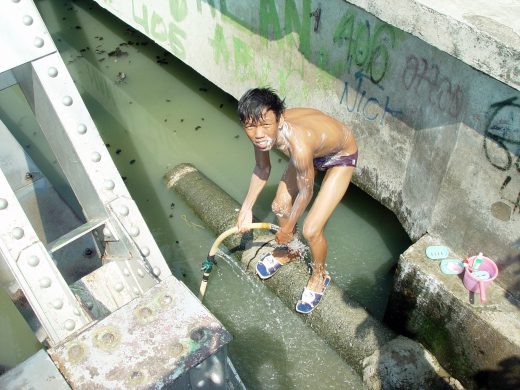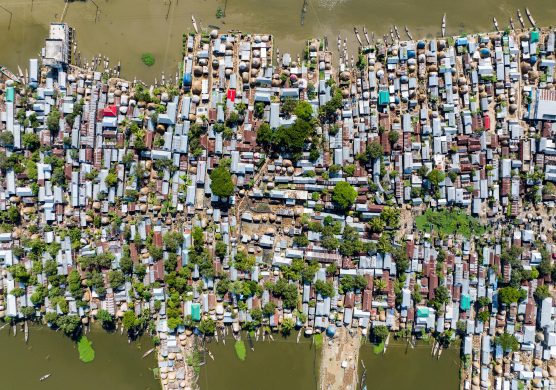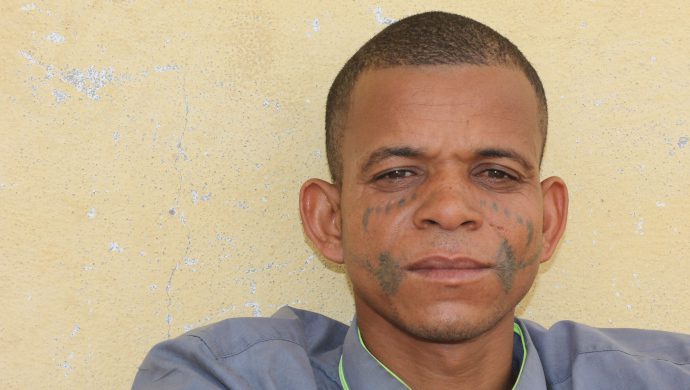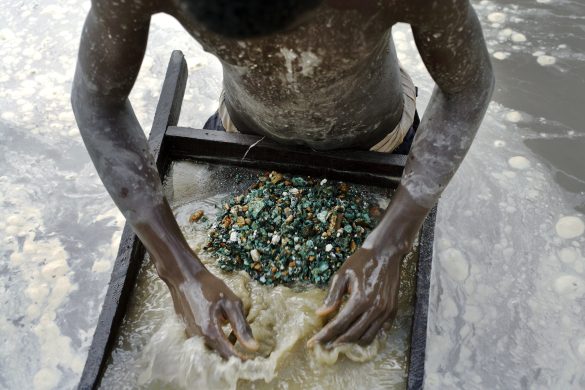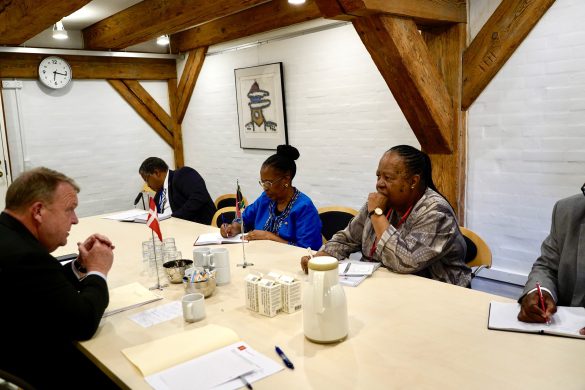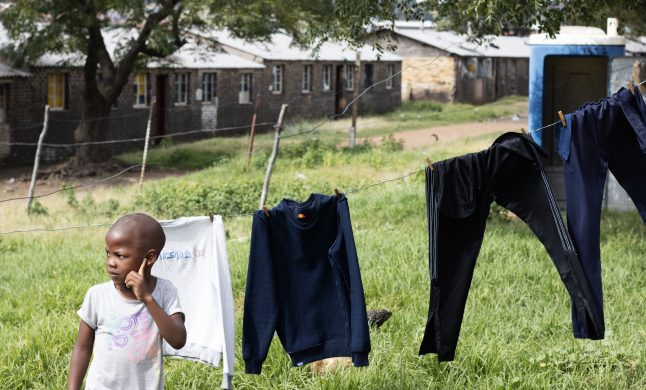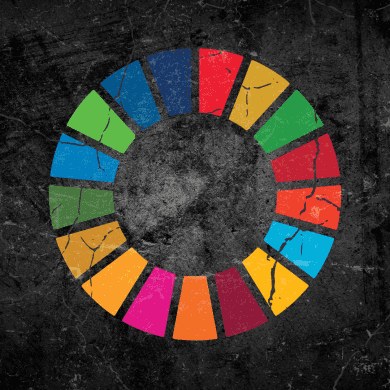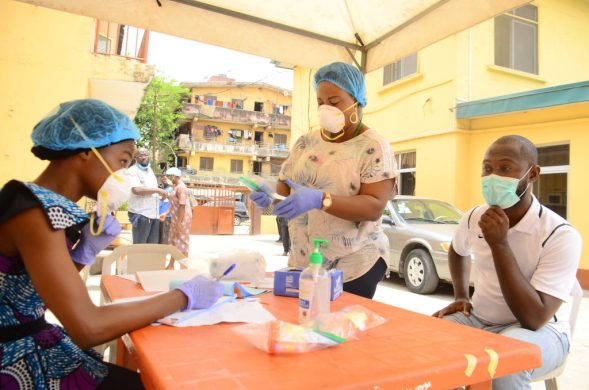WASHINGTON, October 15, 2015 (World Bank): Only half of the countries in a recent World Bank study had two or more poverty data points in the last 10 years. To meet the need for reliable data, a new World Bank initiative will step up efforts to collect data in the poorest countries.
Se også: Verdensbanken: Der bliver færre af de allerfattigste (05.10.2015)
Addressing huge gaps in the collection of poverty data, the World Bank Group pledged Thursday to work with developing countries and international partners to ensure that the 78 poorest nations have household-level surveys every three years, with the first round to be completed by 2020.
Poverty-fighting efforts have long been constrained by a lack of data in many countries.
29 lande lande har ingen fattigdomstal efter 2002
The World Bank has identified 29 countries that had no poverty data from 2002 to 2011. Another 28 had just one survey that collected poverty data during that time.
These gaps prevented analysts from identifying trends in how countries were making progress toward their goals, and posed a barrier to improving the lives of poor people.
The announcement by World Bank Group President Jim Yong Kim offers key support to the organization’s mission to end extreme poverty by 2030 and boost shared prosperity for the bottom 40 percent of people in developing countries.
“We will not be able to reach our goal unless we have data to show whether or not people are actually lifting themselves out of poverty,” Kim said.
As the world works to end extreme poverty in the next 15 years, it will be ever more important to have a solid foundation of data and evidence so that policies and programs reach people who have not benefited from strong growth since 2000.
In a slowing global economy, governments must invest in quality education, health, sanitation and electricity for all, alongside effective social insurance policies that protect the vulnerable—not as an afterthought, but as a core part of their growth strategies.
“Ellers glemmer vi dem helt”
Kaushik Basu, Chief Economist and Senior Vice President of the World Bank Group said:
“Data gives representation to people who may otherwise be
The World Bank estimates the total cost of the initiative to be 300 million US dollar (ca. 1,9 milliarder DKR) every three years, in addition to what countries are already spending on core data collection.
These costs would be expected to be borne by a mix of countries’ own resources, donor funding and World Bank financing.
The major expansion of household-level data collection will be discussed and coordinated with countries and partners in the months ahead.
Skal bane vejen for nytænkning
Household surveys gather data not only on people’s income and consumption levels, but a host of other critical information that can help tailor outreach to those who need it most.
Surveys are the most effective way to set a broad-based foundation of data on living standards, in key areas such as education, health, hunger, risk, sanitation, infrastructure, and others.
Good price data are also essential to the measurement of living standards and poverty.
From this strong foundation, it is possible to develop innovative ways of collecting data, including complementary approaches using mobile phones, satellite imagery, mapping, and sensors.
With more tools, data analysts can get a fuller picture of roadblocks faced by people in poverty, and find ways to give them a chance at more prosperous futures.
In Somalia and in South Sudan, where years of conflict and insecurity have hampered statistical efforts, and in Sierra Leone and Liberia during the Ebola crisis, traditional face-to-face interviews were rendered impossible.
These are just a few examples where the World Bank worked with countries and partners to build on traditional data collection methods, according to the Bank.
Se hele artiklen på
http://www.worldbank.org/en/news/press-release/2015/10/15/world-bank-new-end-poverty-tool-surveys-in-poorest-countries

